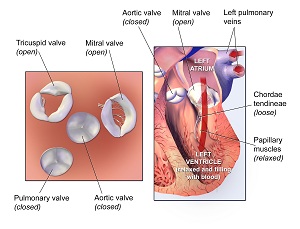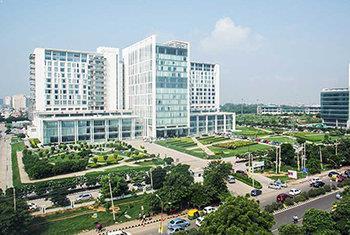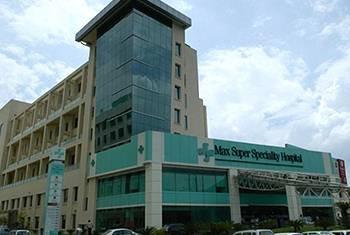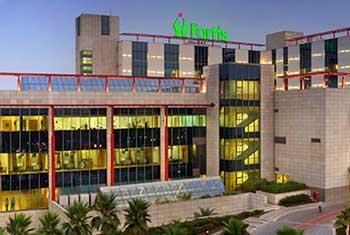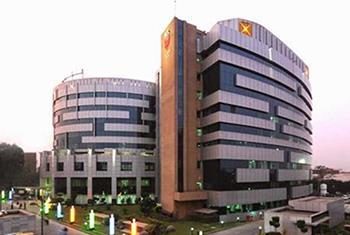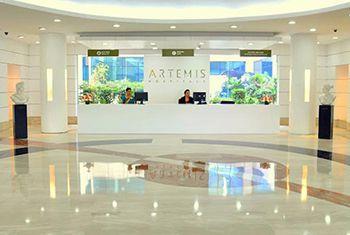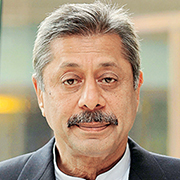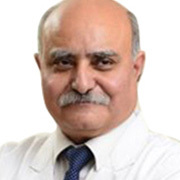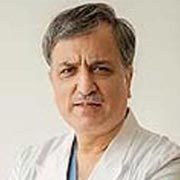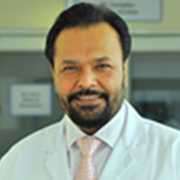The human heart has four different valves – mitral, aortic, tricuspid and pulmonic valves. The function of these four valves is to ensure that the blood flows only in one direction. These valves are strategically located to control the flow of blood from one chamber of the heart to another and finally to the outside of the heart through the artery.
The mitral and the tricuspid valve control the flow of blood from the atria to the ventricles. The aortic and the pulmonary valve, on the other hand, control the flow of blood from the ventricles to the outside of the heart.
There are certain types of heart valve diseases that warrant the need for heart valve replacement. Aortic stenosis and mitral regurgitation are two such conditions that may prove deadly if not treated on time.
Aortic valve and mitral valve are the two valves that get damaged most commonly due to several reasons. The other two valves – tricuspid and pulmonary – rarely get damaged in a person’s lifetime. Heart valve replacement can treat both these conditions.
Depending on the heart disease that the patient has, the following types of heart valve replacement surgeries can be conducted in India:
The aortic valve is an outflow valve that is located on the heart’s left side. It is responsible for allowing the blood to flow from the left ventricle, the heart’s main chamber for pumping blood. The valve is also responsible for closing to prevent leakage or backflow of the blood back into the left ventricle. The surgery for replacement or repair of an aortic valve is needed by people who have a congenital defect or disease that leads to stenosis or regurgitation.
The most common type of congenital valve problem is a bicuspid valve. Normally, people have aortic valve with three sections of tissue or leaflets and this is called a tricuspid valve. People with a faulty valve has only two leaflets, and therefore called as a bicuspid valve.
The decision and success of an aortic valve replacement depends on the following factors:
- Patient’s age
- Patient’s overall health
- Whether other medical conditions are there
- Heart functioning
The mitral valve is also present on the heart’s left side, but it is an inflow valve. This valve allows the flow blood from the left atrium to the left ventricle. A defective valve, caused due to a congenital defect, infection, or a degenerative disease, doesn’t fully open or close. If the valve is very narrow, it might make the entry of blood difficult, causing it to back up.
This can create pressure on the lungs. If the valve won’t close properly, the blood may go back and into the lungs. In a mitral valve replacement, the fault valve is removed and a metal or a biological valve is put in its place.
This surgery is for patients with problems in both the aortic and the mitral valve.
Transcatheter aortic valve replacement (TAVR)
It is a minimally invasive procedure that has been approved by the Food and Drug Administration (FDA) to treat aortic stenosis. As this is not an open-heart surgery, the chest wall or sternum is not opened to access the heart.
In TAVR, the surgeon guides the thin tubes catheters from an artery near the groin to reach up to the aortic valve. The procedure can performed by making a small incision on the chest and entering through a large artery or the tip of the left ventricle, or the surgery can performed by using the robot assistance (robot-assisted heart surgery).
It is an effective treatment option for people who cannot undergo an open operation or who are at moderate risk for surgery. The minimally invasive technique allows for a faster recovery, shorter hospital stay and less post-operative pain. The best cardiology hospitals in India offer TAVR/TAVI procedures to patients who are eligible for this kind of procedure.
Transcatheter mitral valve replacement is also an option for some people. In this, the mitral valve is replaced by making a small incision on the left side of the chest. Being a minimally invasive procedure, it also provides the advantage of less surgical trauma and postoperative discomfort. It might be an option for people who can’t undergo an open surgery.
